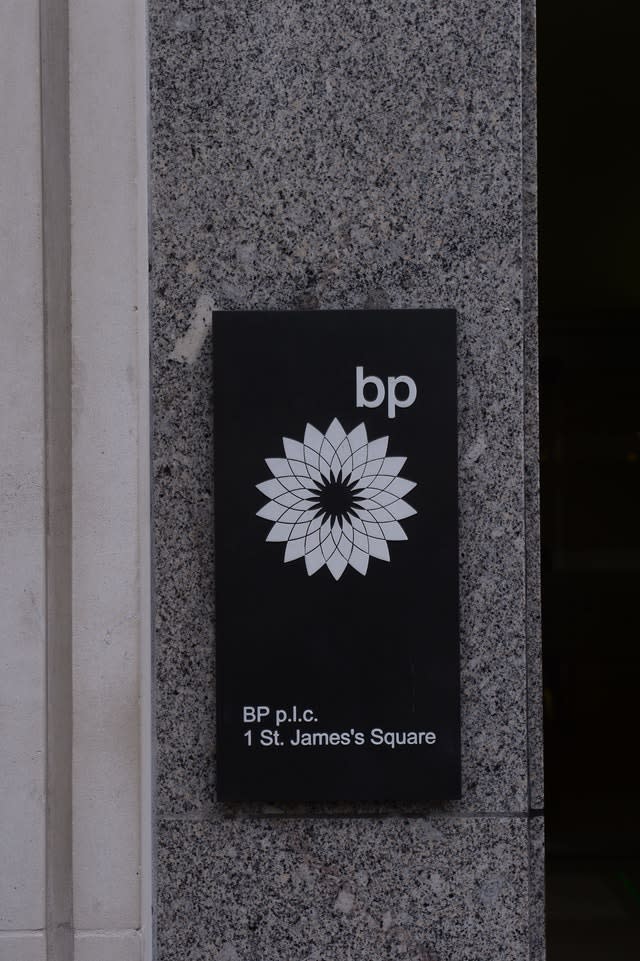RBS to stop funding ‘major’ oil producers without a climate plan
The Royal Bank of Scotland is to stop financing oil majors such as Shell and BP, unless they can satisfy the bank that their businesses are in line with the Paris climate agreement.
RBS, which is rebranding as NatWest, said big oil and gas companies have until 2021 to put “a credible plan” in place, or face losing the bank’s support.
“We plan a full phase-out from coal by 2030; also, to stop lending and underwriting to major oil and gas producers unless they have a credible transition plan aligned with the 2015 Paris Agreement in place by the end of 2021,” the bank said as new chief executive Alison Rose hopes to shake off the tarnished image it acquired during the financial crisis.
It marks a step forward as many businesses have started to recognise the need to make their operations “greener”.
However, several parts of the policy remain unclear.
An RBS spokesman told the PA news agency that the bank is still in the early days of its plans and has yet to set a cut-off point for what constitutes a “major” oil and gas producer.
“While some aspects of the bank’s announcement are welcome, its pledge to only stop funding major oil and gas companies without a credible plan to align their business with the Paris goals is simply too weak. This should apply to all oil and gas companies no matter their size,” Stuart McWilliam, climate team leader at NGO Global Witness, said.
Many oil companies, including most of the US giants, have started withdrawing their operations from Britain’s North Sea production. This has left room for smaller firms, many backed by private equity investors, to squeeze the remaining oil out of the dwindling basin.
It is not yet clear how many of these smaller companies will still be able to borrow from RBS to fund their operations and how many will be caught by the “major oil and gas producer” definition.
RBS is understood to be reluctant to cut off support for smaller oil and gas producers as the sector supports many jobs, especially in Scotland, the bank’s home.
And it will continue to work with smaller customers to help them make their operations greener.

It would have been unrealistic to expect some of the smaller producers to meet the 2021 deadline the bank has set for its larger customers, a spokesman said.
Emma Shipp, a partner at law firm Hewitsons, said other lenders are likely to follow suit, adding: “The knock-on effect of the withdrawal of financing is likely to be felt by the smaller providers and others in the supply chain without such deep pockets.”
RBS also said it would stop lending to and underwriting firms where more than 15% of their activities are related to thermal and lignite coal, unless they have a Paris plan by the end of 2021.
The news comes after BP set out plans on Wednesday to make its business emissions neutral by the middle of the century.
Oxfam called RBS’s move a “wake-up call” for fossil fuel companies.
“By continuing to support fossil fuels, banks and other financial institutions are complicit in the climate emergency that is already pushing the world’s poorest people deeper into poverty and hunger,” Oxfam climate policy adviser Kiri Hanks said.
Greenpeace called on Barclays to follow suit.

 Yahoo Finance
Yahoo Finance 